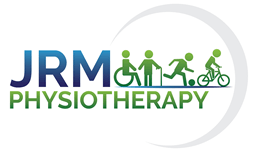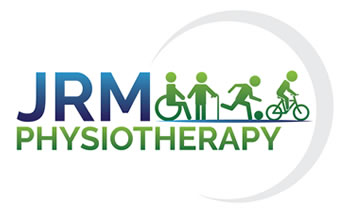June is Pelvic Organ Prolapse Awareness Month!
What is a Pelvic Organ Prolapse (POP)?
A pelvic organ prolapse is when organs such as the uterus, bladder or rectum move out of place and press against the vagina.
Are there different types of prolapses?
Yes! The different types are:
Cystocele: When the connective tissues around the bladder and vaginal wall are weakened and stretched, causing the bladder to press against the vaginal wall.
Rectocele: When the connective tissues around the rectum and vaginal wall are weakened and stretched, causing the rectum to press against the vaginal wall.
Uterine Prolapse: When the connective tissues that support the uterus are weakened / damaged / stretched, causing the uterus to push into or drop into the vagina.
Urethrocele: When the connective tissues that hold the urethra weaken, causing it to move position and press against the vaginal wall.
What can cause a Pelvic Organ Prolapse (POP)?
Many things can cause a POP, such as childbirth, trauma, menopause, straining too hard on the toilet, longstanding constipation, or other chronic conditions that cause you to cough / strain excessively.
What sort of symptoms might you experience if you have a Pelvic Organ Prolapse (POP)?
- A feeling of heaviness in your lower abdomen / pelvic region.
- A dragging sensation in your vagina / rectum.
- A feeling in your vagina as if sitting on a ball.
- Difficulty going to the toilet to empty your bladder or bowels.
- Pain and / or changes in sensation during intercourse.
Is there anything you can do about having a Pelvic Organ Prolapse (POP)?
Yes! You don’t have to just put up with it! And surgery isn’t the only option. Many women find that correctly doing pelvic floor exercises – as advised by a physiotherapist – eases their symptoms. A physiotherapist specially trained in women’s pelvic health can assess and support the treatment of Pelvic Organ Prolapse. Physiotherapists can help you learn how to properly exercise your pelvic muscles, thus correcting weaknesses that may lead to POP. Further qualifications in Mummy MOT can enable assessment and treatment specific to postnatal pelvic issues. At JRM Physiotherapy you can book in for a women’s health physiotherapy assessment or a Mummy MOT by booking online. More information about these services is available on our website. Why wait to start your recovery?



